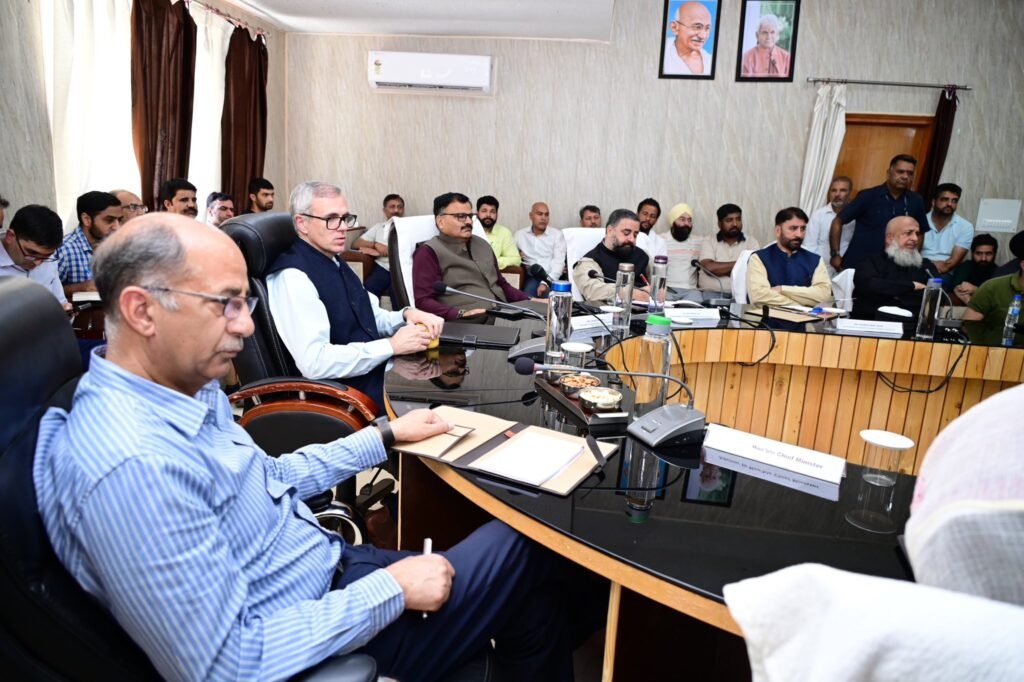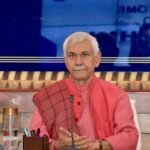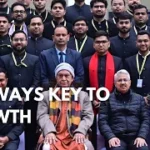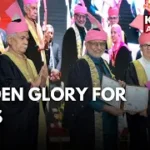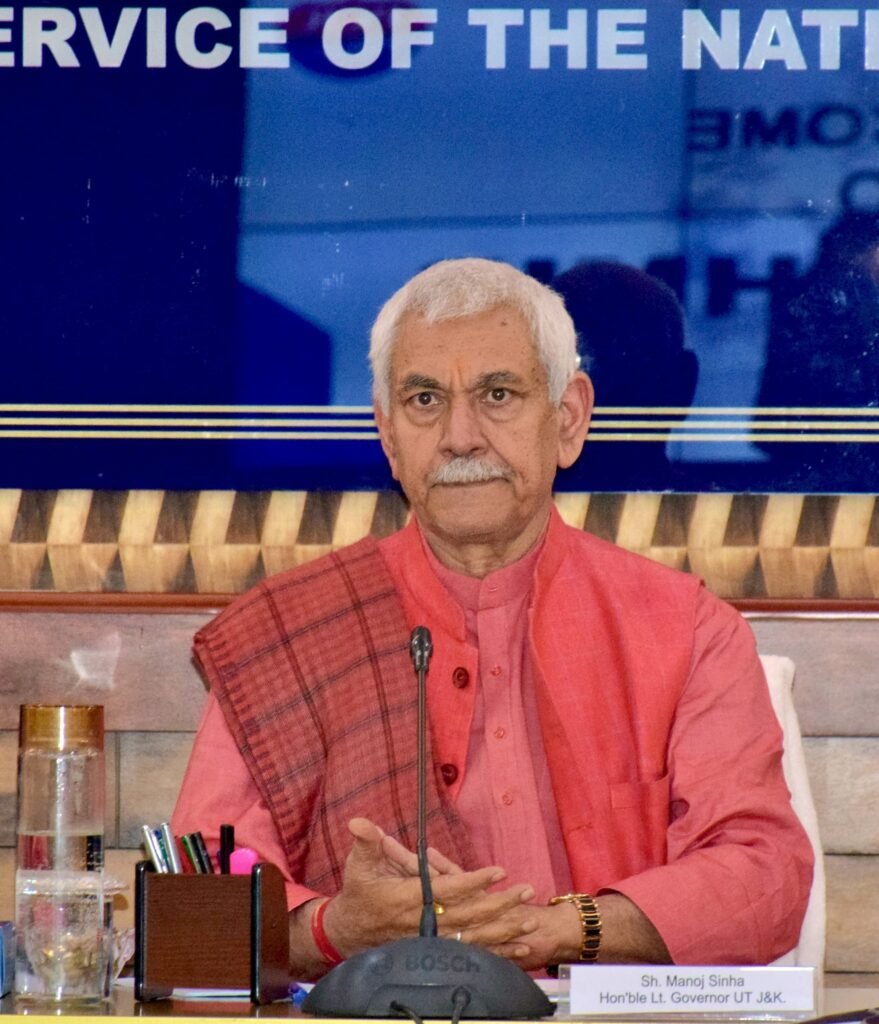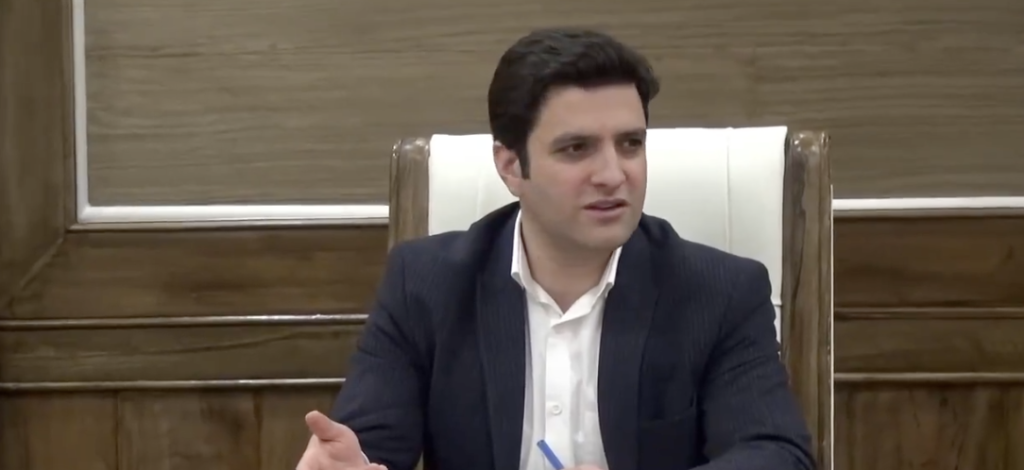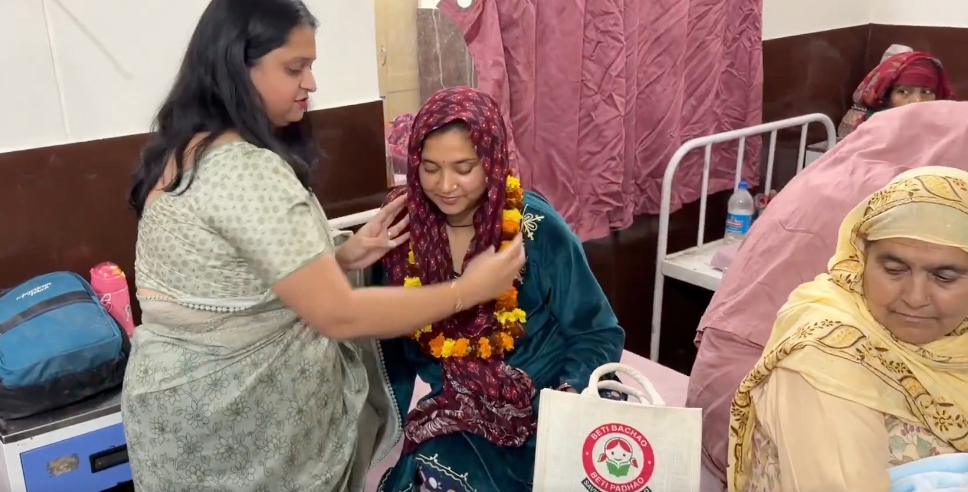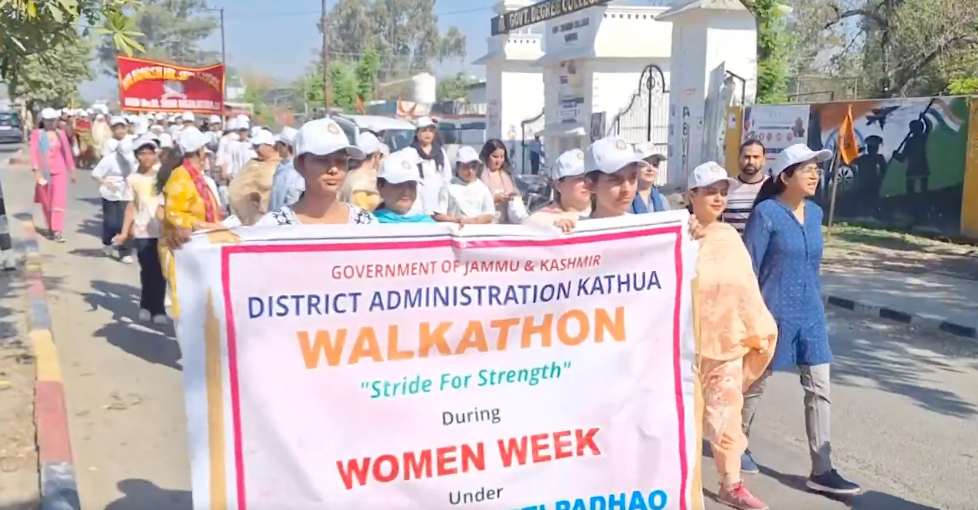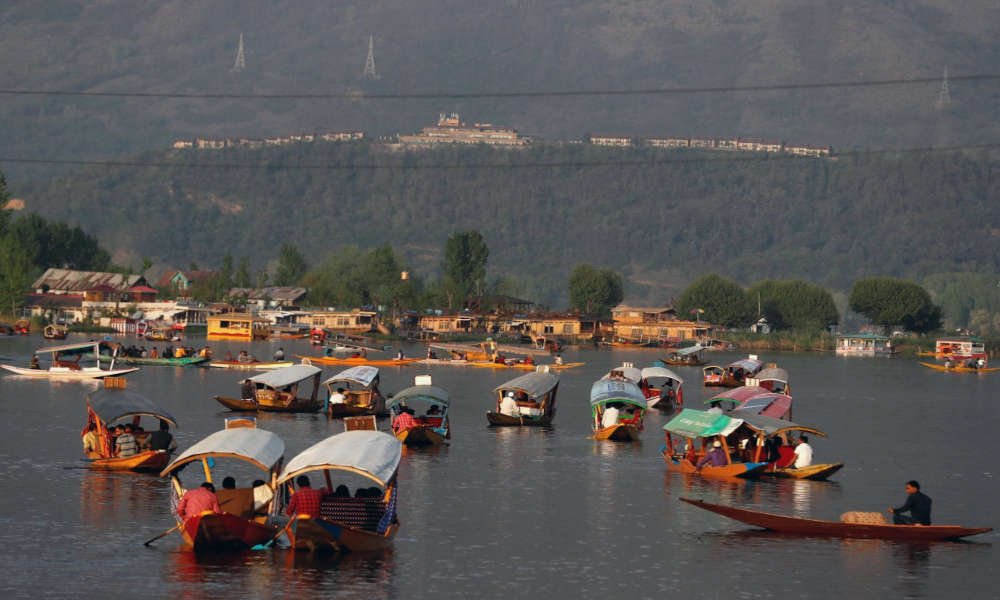Poonch, May 12, 2025 – Jammu and Kashmir Chief Minister Omar Abdullah visited Poonch on Monday, interacting with civil society members from diverse communities to address the aftermath of recent cross-border shelling by Pakistan. The visit, part of a broader effort to assess the ground situation following the Pahalgam terror attack and Operation Sindoor, underscored the administration’s commitment to public safety, rehabilitation, and emotional well-being for affected residents.
In a heartfelt interaction, Abdullah listened to stories of courage and resilience from locals who faced significant adversity due to the shelling, which claimed 13 lives, including four children and two women, and injured over 40. “Interacted with members of Civil Society across communities in Poonch. Listened to their stories of courage in the face of adversity, I salute their spirit,” Abdullah posted on X via the Chief Minister’s office. He praised the community for maintaining communal harmony despite the “war-like environment” that gripped the region for several days.
The discussions focused on future strategies to prevent such incidents and comprehensive rehabilitation plans for affected families. Abdullah assured residents of the government’s support, emphasizing both material aid and emotional well-being. “We discussed future strategy to deal with such incidents and plans for rehabilitation. Assured them that the Government stands firmly with them, both in terms of support and emotional well-being, to help them recover from this distress,” he stated.
Abdullah’s visit included stops at the district hospital in Poonch, where he met civilians injured in the shelling, commending their bravery and ensuring access to top medical care. He also visited families of victims, such as those of Amarjeet Singh and Amrik Singh, offering condolences and reinforcing the administration’s commitment to their welfare. “Words fall short in the face of such grief. Their pain is our pain,” he said, accompanied by Advisor Nasir Aslam Wani and MLA Ajaz Jan.
The Chief Minister highlighted the need for bunkers along the Line of Control (LoC) to protect border residents, a measure locals echoed during interactions. He also directed the administration to assess structural damage in Poonch, Rajouri, and other affected districts for prompt compensation. “Our priority has been saving lives, but now that the ceasefire is in place, assessments will begin, and relief will follow,” Abdullah told reporters, rejecting claims that officials abandoned their posts during the crisis.
Abdullah thanked Poonch residents for upholding brotherhood among Hindus, Muslims, and Sikhs amidst the turmoil. “I thanked the people of Poonch for maintaining the brotherhood even during this tough situation,” he said, noting suggestions from civil society to minimize future casualties would be implemented. The administration has already disbursed ex-gratia payments—Rs 6 lakh to kin of the deceased, Rs 50,000 for serious injuries, and Rs 20,000 for minor injuries—while ensuring essentials like meals, medical care, and sanitation at relief camps.
The visit follows a ceasefire agreement on May 10, after Pakistan’s retaliatory strikes post-Operation Sindoor, which targeted terror infrastructure in response to the Pahalgam attack. Abdullah urged Pakistan to focus on de-escalation, warning that continued aggression would yield no gains. “This continuous escalation from Pakistan’s side benefits no one,” he had earlier stated.
The National Conference leader’s proactive engagement, including meetings with deputy commissioners and civil society, reflects a multi-pronged approach to restore normalcy. As Poonch begins to recover, Abdullah’s assurances signal a robust framework for relief, reconstruction, and resilience-building in the region.

